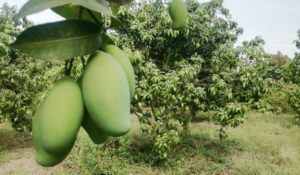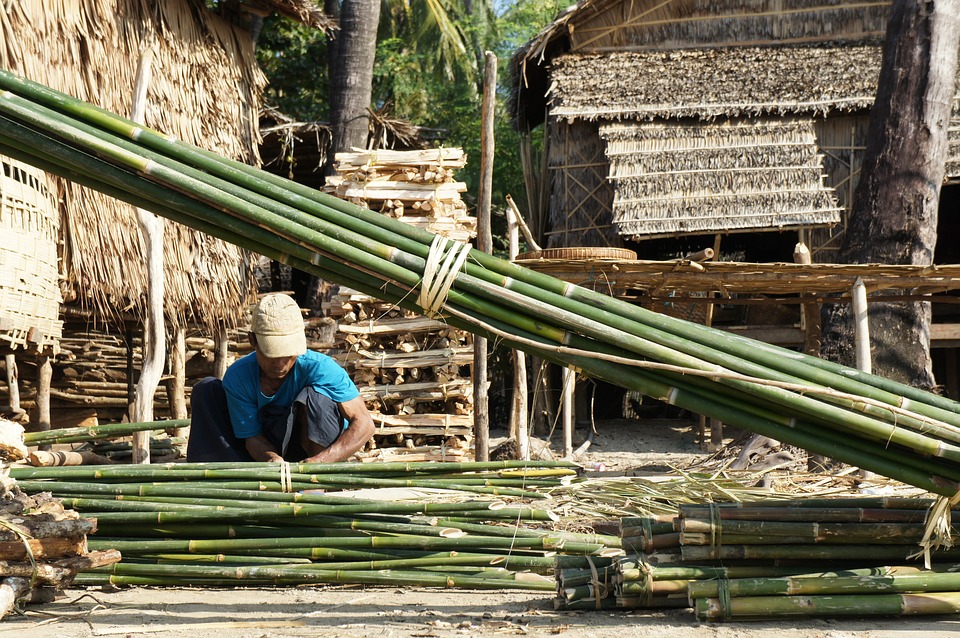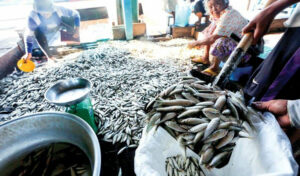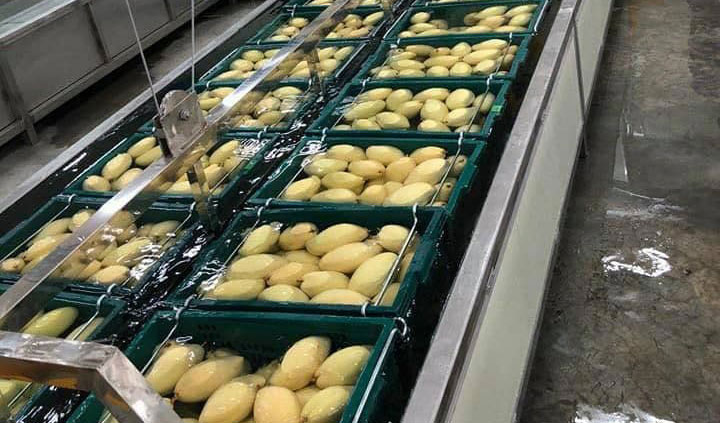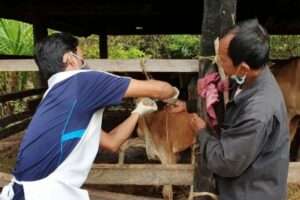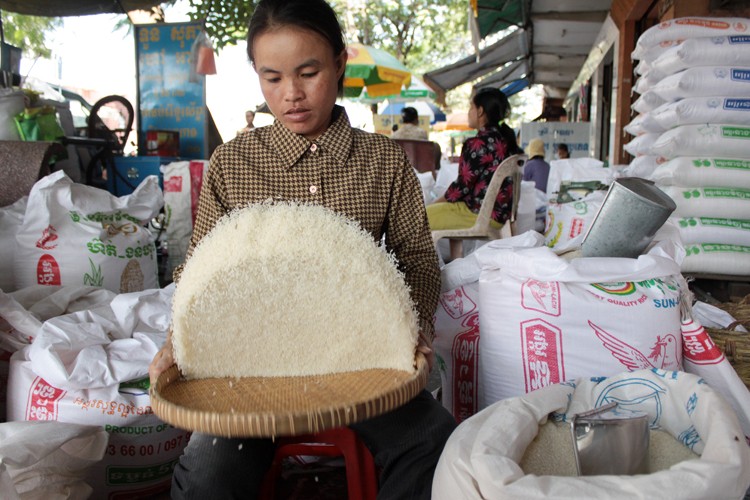Ministry signed a deal to ensure fruit and vegetable are safe
The Ministry of Agriculture, Forestry and Fisheries (MAFF), together with TROPICAM Fruits and Vegetables and four other local associations involving hotels, restaurants, tourism and chefs, yesterday, inked an agreement to boost the safe production of vegetables and fruit and develop a centre for safe fruit and vegetables at Banteay Dek Agriculture Research Station.
Last year, Cambodia had 57,262 hectares of vegetable and fruit plantations across the country and produced about 682,012 tonnes of food. However, the demand for vegetables is 1 million tonnes year – 2,500 tonnes to 3,000 tonnes per day – according to a report from the general director of the General Directorate of Agriculture (GDA) at the Ministry of Agriculture.
Because Cambodia cannot now supply enough vegetables by itself. Therefore, it imports an average of 500 tonnes to 1,000 tonnes a day to meet local market demand. The imported vegetable are undocumented with no clear source and no proper checks on their chemical content, which could harm people’s health, said Ngin Chhay, general director of the GDA.
Chhay said the GDA is now attracting investment from the private sector to develop a value chain of safe fruit and vegetables under a public, private and producer agreement via contract farming. He added that the memorandum of understanding with the private sector has reflected the effort of the Ministry of Agriculture to encourage the private sector to join and promote safe fruit and vegetables.
“The partnership with the private sector is to boost fruit and vegetable production, especially to promote good agriculture practice standards to meet local demand with safe, quality and competitive produce, as well as strengthening fruit and vegetable exports,” he said.
Hun Lak, chief executive officer of TROPICAM Fruits and Vegetables, said he is happy to collaborate with the Ministry of Agriculture, and other stakeholders to develop the centre for safe fruit and vegetables.
“We will use six hectares of land in Banteay Dek Agriculture Research Station to conduct research on good agricultural practice (GAP) fruit and vegetables to showcase and promote them. We also support the technology at the centre too,” Lak said.
Lak said that so far his company has also collaborated with 500 household farmers to grow GAP standard fruit and vegetables. They are in eight provinces: Kandal, Prey Veng, Kampong Cham, Tboung Khmum, Kampong Thom, Siem Reap, Battambang and Pursat.
He added that the amount of GAP standard fruit and vegetables produced daily from his company is 60 tonnes. Lak said that his company has already supplied about 200 net houses to protect goods for the producers and he added that now 62 fruit and vegetable producers are fully certified as GAP-sourced.
“We will see the certified standard GAP fruit and vegetable producers will increase because there are many applicants for the GAP standard,” Lak said.
“The producer must follow the criteria of GAP to make sure that it is safe for consumers,” he added.
“We are also partnering with the Cambodia Tourism Federation, the Cambodia Restaurant Association, the Cambodia Hotels Association and the Cambodia Chefs Society to promote safe fruit and vegetable to consumers,” Lak said.
The GAP standard is a voluntary standard which was adopted by the Ministry of Agriculture and issued for public use. The GDA is in charge of the implementation on this standard and certifies the producers.
“To get the GAP certificate and GAP sticker and QR code on the products, fruit vegetable producers must apply for a form to enable the Agriculture Ministry’s technical officials to inspect and audit the farm and to analyse any chemical content in produce at the national laboratory,” said Chhay.
He said the ministry plans to register another 80 farms by the end of the year.
There were about 1,190 agriculture cooperatives in 2019. Among them, about 259 agriculture cooperatives and 432 groups of farmers produced safe fruit and vegetables.


